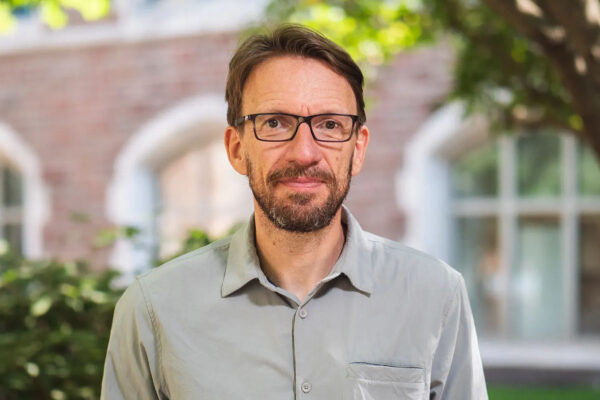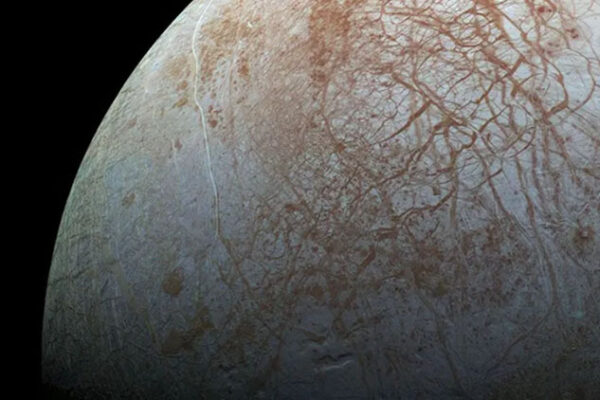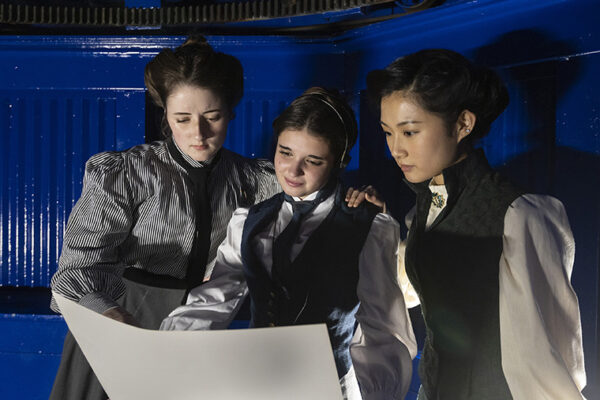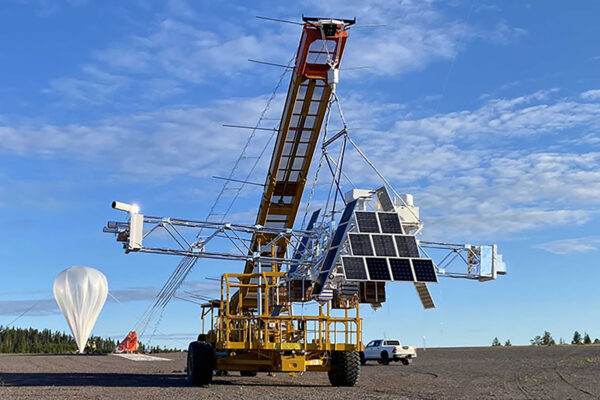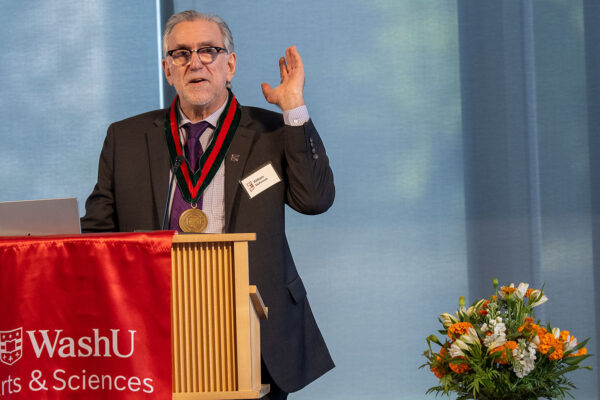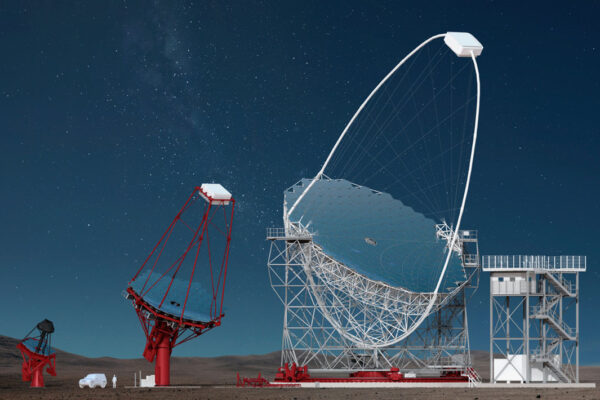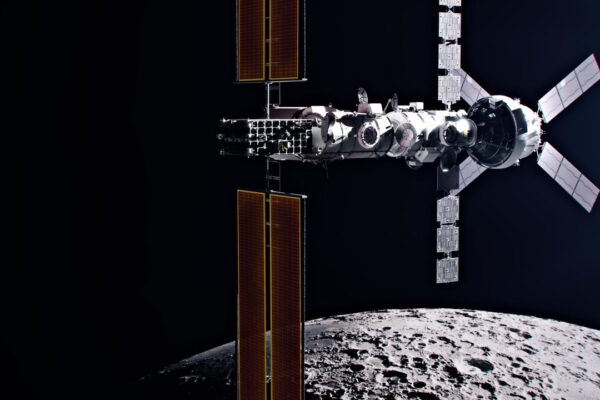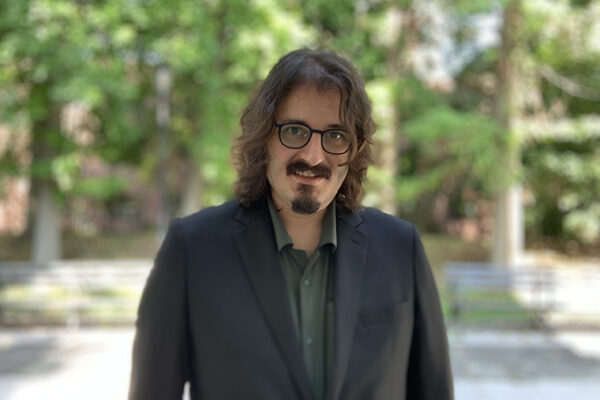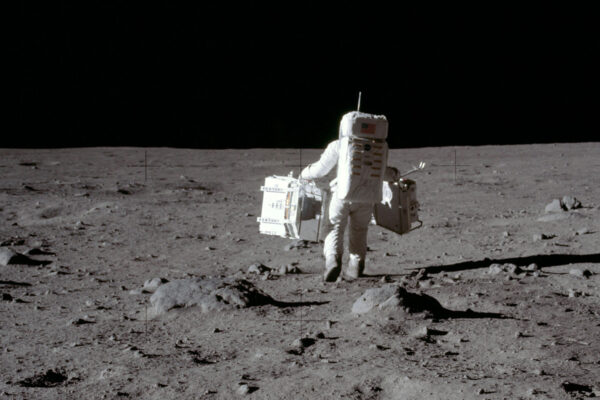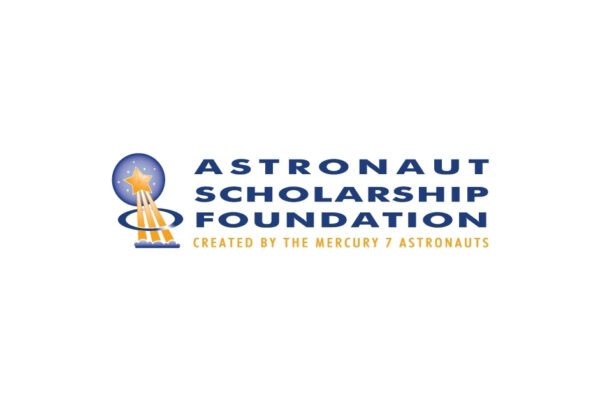Krawczynski wins prestigious award from the American Astronomical Society
Henric Krawczynski, a physicist at Washington University in St. Louis, has received the prestigious 2026 Bruno Rossi Prize in astrophysics.
Jupiter’s moon Europa has seafloor that may be quiet, lifeless
A new study led by planetary scientists at Washington University in St. Louis suggests the icy moon Europa lacks the undersea activity needed to support life.
Measuring the stars
WashU’s Performing Arts Department in Arts & Sciences will present “Silent Sky,” which explores the life and work of celebrated astronomer Henrietta Leavitt, in the A.E. Hotchner Studio Theatre Nov. 20-23.
A new angle of study for unveiling black hole secrets
Physicists from Washington University in St. Louis share results from an international collaboration for measuring the hard X-ray polarization from the black hole Cygnus X-1.
McKinnon installed as Clark Way Harrison Distinguished Professor
William B. McKinnon, a professor in Arts & Sciences at Washington University in St. Louis, was recently installed as the Clark Way Harrison Distinguished Professor.
WashU team wins $3.9M to provide cameras for gamma-ray observatory
Researchers at Washington University in St. Louis will provide cameras for the world’s largest high-energy gamma-ray observatory with a nearly $4 million federal grant.
WashU tapped for key role in future Artemis moon missions
In July, NASA formally designated WashU’s Geosciences Node, a division of NASA’s Planetary Data System that has been on campus since 1989, to serve as the lead science data node for the Artemis II, III and IV missions.
Cosmic ‘lenses’ will better define dark matter
Physicists Bryce Wedig and Tansu Daylan, in Arts & Sciences, calculated how many gravitational lenses will be uncovered by NASA’s Nancy Grace Roman Space Telescope when it begins science operations in 2027. By examining a large population of these lenses, the researchers hope to learn a lot more about the mysterious nature of dark matter.
Why the moon shimmers with shiny glass beads
Using a variety of microscopic analysis techniques not available when the Apollo astronauts first returned samples from the moon, physicist Ryan Ogliore in Arts & Sciences helped unlock the secrets of tiny lunar beads.
Fioriglio named Astronaut Scholar
Charlie Fioriglio, a rising senior studying physics and chemistry in Arts & Sciences at Washington University in St. Louis, has been named an Astronaut Scholar, a competitive fellowship for exceptional undergraduate students pursuing degrees in science, technology, engineering and math.
Older Stories
